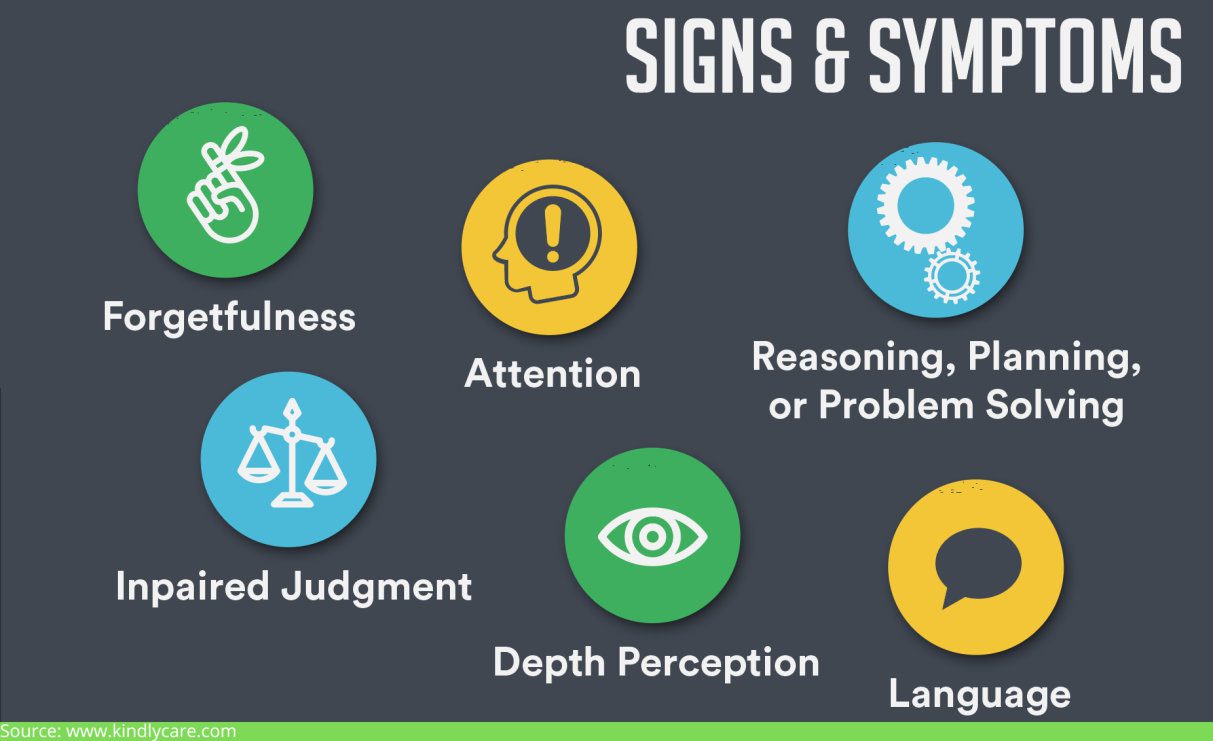When someone is diagnosed with Parkinson’s disease (PD), they are usually told that the condition will progress and that they will experience physical changes. However, many people with PD also experience cognitive changes, and these changes can be just as distressing as the physical ones.
Cognitive changes in PD can alter your thinking, behavior, memory, speech, or ability to perceive your environment, says Dr. Gurneet Singh Sawhney, a renowned neurosurgeon in India.
Although Parkinson’s patients frequently have cognitive changes, the majority only experience minor symptoms that do not interfere with their ability to lead active, independent lives. However, some Parkinson’s patients experience dementia or more severe cognitive impairments, which can cause disruptions in their daily life.
What are the common cognitive changes seen in PD?

Mild cognitive abnormalities occur in 20% to 50% of Parkinson’s patients at some stage, sometimes even in the early stages. You might not even become aware of them if they do not interfere with your normal activities.
Common cognitive alterations related to Parkinson’s disease may cause issues with:
- Recall or memory
- Focus
- Performing routine tasks, such as operating a coffee maker
- Being attentive in a group conversation
- Finding the right words to express something
- Multitasking or starting a new task
- Solving problems
- Judging distances when driving or walking
- Navigating obstacles in your path
- Talking and walking simultaneously
Dr. Gurneet Singh Sawhney,, frequently known as the best neurosurgeon in Mumbai, adds that cognitive changes in PD can manifest in many different ways, and they can range from mild to severe.
What factors cause cognitive changes in PD?
The cause of cognitive changes in people with PD is not fully understood, but research suggests that it may be related to the underlying neurodegenerative process.
One source of this is a fall in the dopamine level, the neurotransmitter involved in controlling movement in your body. However, the cognitive alterations linked to lower dopamine levels are often minor and limited, says Dr. Gurneet Singh Sawhney, often regarded as the best doctor for Parkinson’s Surgery in Mumbai.
The cognitive deterioration in PD is probably partly caused by other brain abnormalities. Scientists have investigated changes in the chemical messengers – norepinephrine and acetylcholine- as potential secondary reasons behind executive function loss and memory in Parkinson’s disease.
Additional causes for cognitive changes
Many Parkinson’s patients also struggle with anxiety or depression. These conditions may impact your motor coordination, balance, memory, or recall. Getting therapy for your anxiety or depression may help with cognitive issues.
Parkinson’s disease frequently results in exhaustion or sleep issues like insomnia or nighttime awakenings. Your memory, ability to perform tasks, walking, attentiveness, or focus may all be impacted by lack of sleep and tiredness.
Thyroid issues and vitamin B12 deficiency can also contribute to cognitive impairments. Dr. Gurneet Singh Sawhney, known for providing reliable Parkinson’s disease treatment in Mumbai, says it is essential to rule out these possibilities before making a diagnosis,
How are cognitive changes diagnosed?
India’s highly-skilled neurosurgeon, Dr. Gurneet Singh Sawhney, employs various methods to identify cognitive abnormalities before starting Parkinson’s treatment in Mumbai.
The first and foremost method will be to interview you and your loved ones. The doctor will discuss any changes in your actions, speech, recall, or behavior with you. He will ask you how your everyday activities, job, or relationships are affected by your cognitive changes. The doctor may question your spouse, family, or caretakers to learn about any changes they have seen in you.
He will also conduct cognitive screening tests to assess your awareness, memory, attentiveness, movements, and problem-solving skills.
Dr. Gurneet Singh Sawhney will furthermore conduct an in-depth clinical examination, as well as other tests like blood tests and brain imaging, to rule out other conditions like Essential Tremor that can have similar symptoms to PD.
How can cognitive changes be managed?
Try these strategies to make coping with cognitive changes easier:

- Add images to your phone’s contacts to put a face to a name when someone calls.
- Place a few lists of reminders in easily accessible locations.
- Tell your family members to look you in the eye when speaking with you and to talk slowly so you can process and understand what they are saying.
- Refrain them from finishing your sentences when you are attempting to remember a name or the proper term.
- Eat healthily, exercise regularly, and get adequate sleep.
- If you drink alcohol, drink moderately, and quit smoking.
The eminent neurosurgeon, Dr. Gurneet Singh Sawhney, says that all these tips can help to support your brain health.
Note to the loved ones of a PD patient

Cognitive changes can be very frustrating for both the person with PD and their loved ones. It can be difficult to watch someone struggle with tasks that were once easy for them, and it can be hard to know how to best help.
There are some strategies that can help, however. First, it is important to try to stay calm and understanding. It can be easy to get frustrated, but it is important to remember that the person with PD is not making these changes intentionally.
Second, it is important to help the person with PD stay as active and engaged as possible. Stimulating activities like puzzles, crosswords, and Sudoku can help keep the mind sharp. Social activities like support groups can also be beneficial.
Finally, it is important to keep in mind that PD is a progressive condition, which means that the cognitive changes will likely get worse over time. This can be difficult to accept, but it is important to remember that there are still many ways to live a full and happy life despite these changes.
Conclusion

Living with Parkinson’s disease is not a pleasant experience, and people with PD experience suffering as a result of their condition. This can be due to the physical symptoms of the disease, as well as the psychological impact of living with a chronic and progressive condition.
People with PD may experience problems with executive function, which includes planning, organizing, and multitasking. Others may have trouble with visuospatial abilities, which can make it difficult to read, write, or drive. Memory problems are also common in PD; some people may have difficulty retaining new information or keeping old memories intact.
If you or a loved one is seeking treatment options to help alleviate the symptoms of Parkinson’s disease, please do visit Dr. Gurneet Singh Sawhney.
With over 17 years of expertise in the field of neurosurgery, he can provide you with appropriate treatment options, including Parkinson’s Surgery in Mumbai.
